
No matter how established your business may be, SEO has an enormous impact on the success of your business. Your SEO strategy determines how easily your target audience can find you. This is essential because research shows that 75% of internet users don’t even look past the first page of search results.
We all know what happens when you type in a search query and hit enter into a search engine, right? You get a list of results relating to your search terms. This list of pages appears as a result of search engine optimization.
SEO, which stands for search engine optimization, is the practice of increasing your website traffic and optimizing the effectiveness of your content for search engines. This helps you to rank higher than other sites that target the same search terms. It basically helps you to gain brand exposure through non-paid search engine results (also known as organic search).
Just like how we might take people for granted, when it comes to SEO, people are just as important as the search engine themselves. In fact, it’s about understanding these 4 key things:
Knowing the answers to these questions will allow you to connect to the people who are searching online for the solutions you offer.
If you’re unfamiliar with SEO and how to get started, here are 7 simple tips to improve your SEO game.

Page speed is a critical factor in SEO and for user experience. It’s important for a few reasons:
According to research, 40% of consumers will leave a page that takes longer than three seconds to load. And 79% of shoppers who are dissatisfied with site performance say they’re less likely to purchase from the same site again.
Source: Think with Google
I’m sure you can relate to the frustration of waiting for a web page to load and ultimately giving up browsing. Slow page speed also reflects poorly on the site and the trust that users have in that business.
Google PageSpeed Insights is a free SEO tool that scores your desktop and mobile page speed on a scale of zero to 100, with 100 being the fastest. It gives you a breakdown of how you can improve your overall site performance.
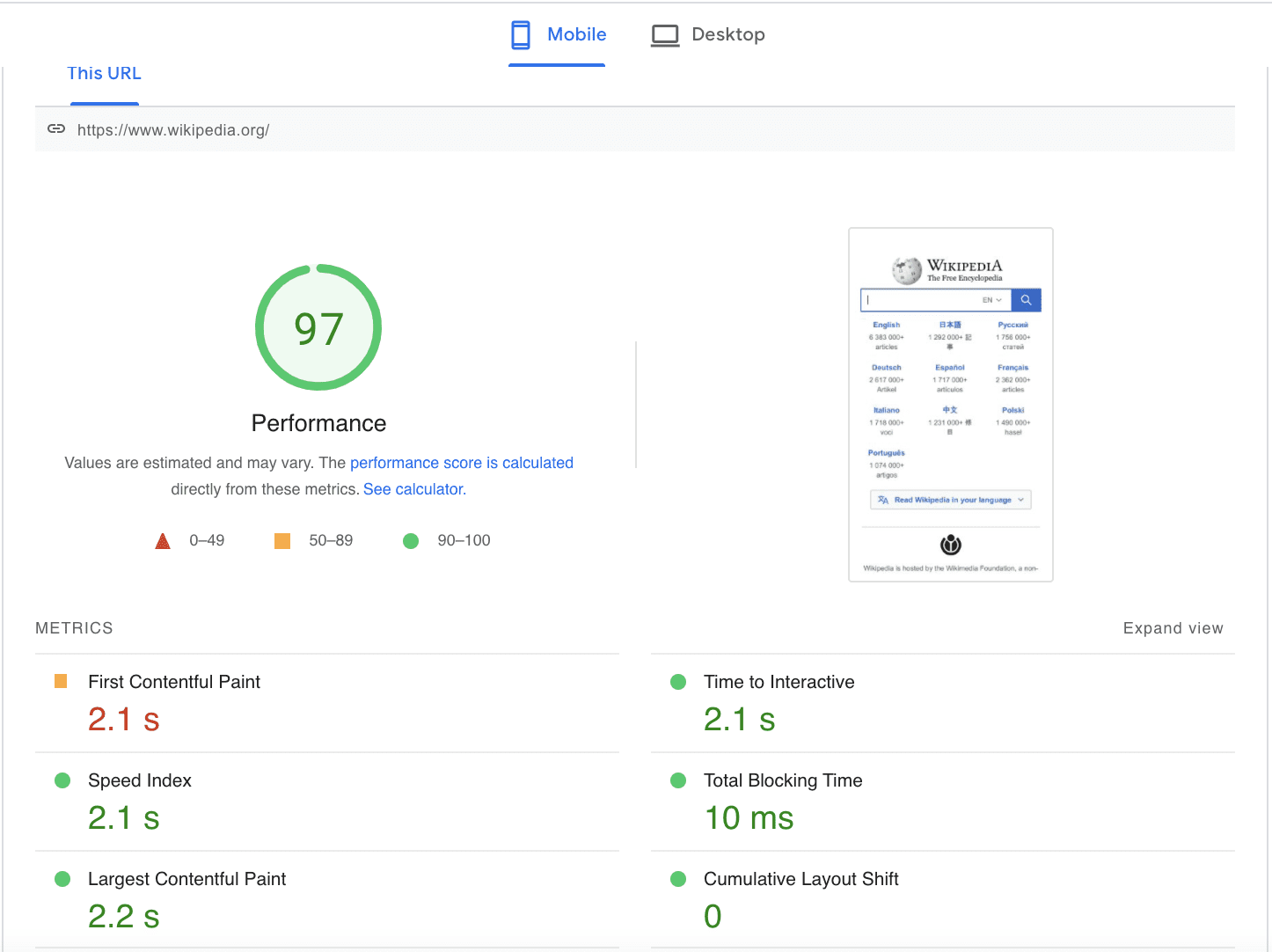
Source: Semrush
One of the ways you can improve your site speed is by checking your website theme and plugins. We suggest that you remove anything that can slow down your site. For example, if you’re using WordPress, consider deactivating plugins that you don’t need or use.
If your server response time is slow, you want to consider upgrading your web hosting provider to one that is more reliable for better server performance!
Here are some of the best web hosting providers out there:
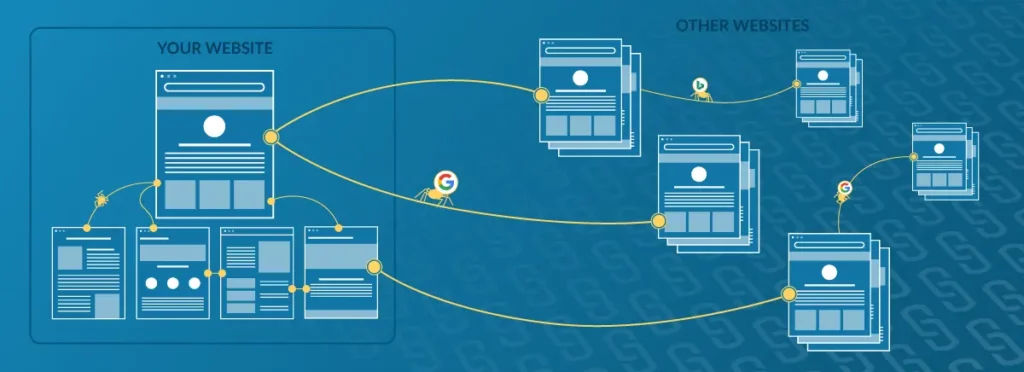
Source: Moz
Backlinks (inbound links or external links) refer to links on one website pointing to another website. It’s good SEO practice to link out to other websites that offer relevant and valuable content. The importance of having a link building strategy for your website is this: it helps the readers. They also act as indicators of quality content which other websites depend on.
If a website has many backlinks, search engines like Google and Bing would view them as having quality and reliable content that has the support of others. The more backlinks a site has, the higher it can rank on SERPs (search engine results pages).
Why are backlinks important?
With SEO in mind, it’s important to remember that the content that you produce should be written for your target audience and not solely to rank well on search engines. Content and SEO goes hand in hand.
At the end of the day, they are the ones who will be reading your content and have the buying power to spend on your product/services. To drive more traffic to your website and increase its popularity, you need to give visitors a reason to keep coming back. Your content needs to be high quality, recent, and relevant. If you have an older piece of content that’s good, it’s best to update it every now and then to keep it fresh and relevant.
Here’s a bonus tip: create content that will help someone. Perhaps your content focuses on something a customer in your niche or industry would highly appreciate. Funnily when you put users first, you’ll begin to write helpful content that search engines reward because it follows users and their experiences. At the same time, this will help you enhance their user experience and build trust with your target audience.
So, if you’re not creating awesome copy for your web pages, it’s hight time you start! This is one of many SEO mistakes you should be avoiding.
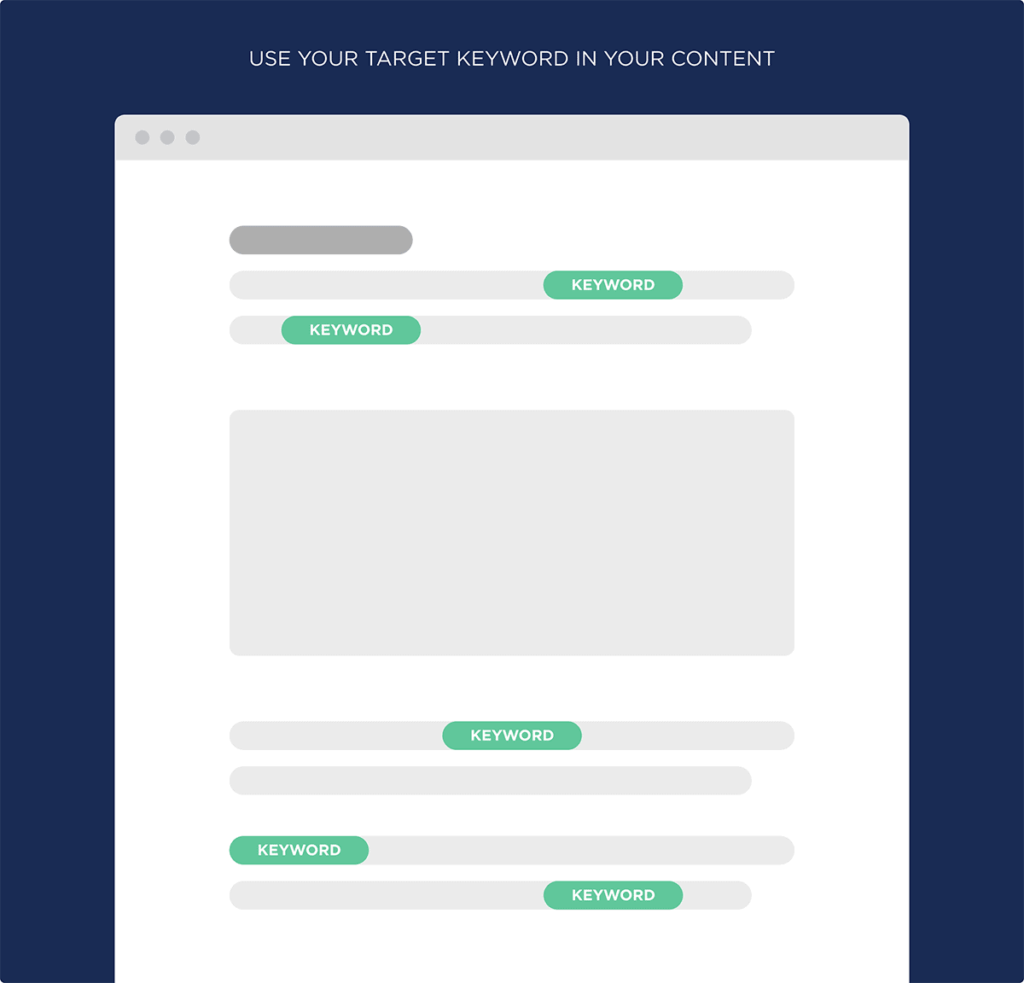
Source: Backlinko
Keywords matter when it comes to SEO and ranking well on search engines. You want to include words people will search for throughout your content. However,do so sparingly. Use them naturally in your sentences and content, even in your header tags and image captions. There’s also long-tail keywords, which are usually three to four word phrases that we use to search. For example, “best korean restaurant near me” rather than “korean restaurant”.
If you’re looking for great tools to help you with keyword research, you can check out our other blog on the best digital marketing tools experts use here.
One of the first sections people see when Google presents us our search results is your page title and meta description. They might decide whether to click or skip your page based on these alone. So, you’ve got to make those words count.
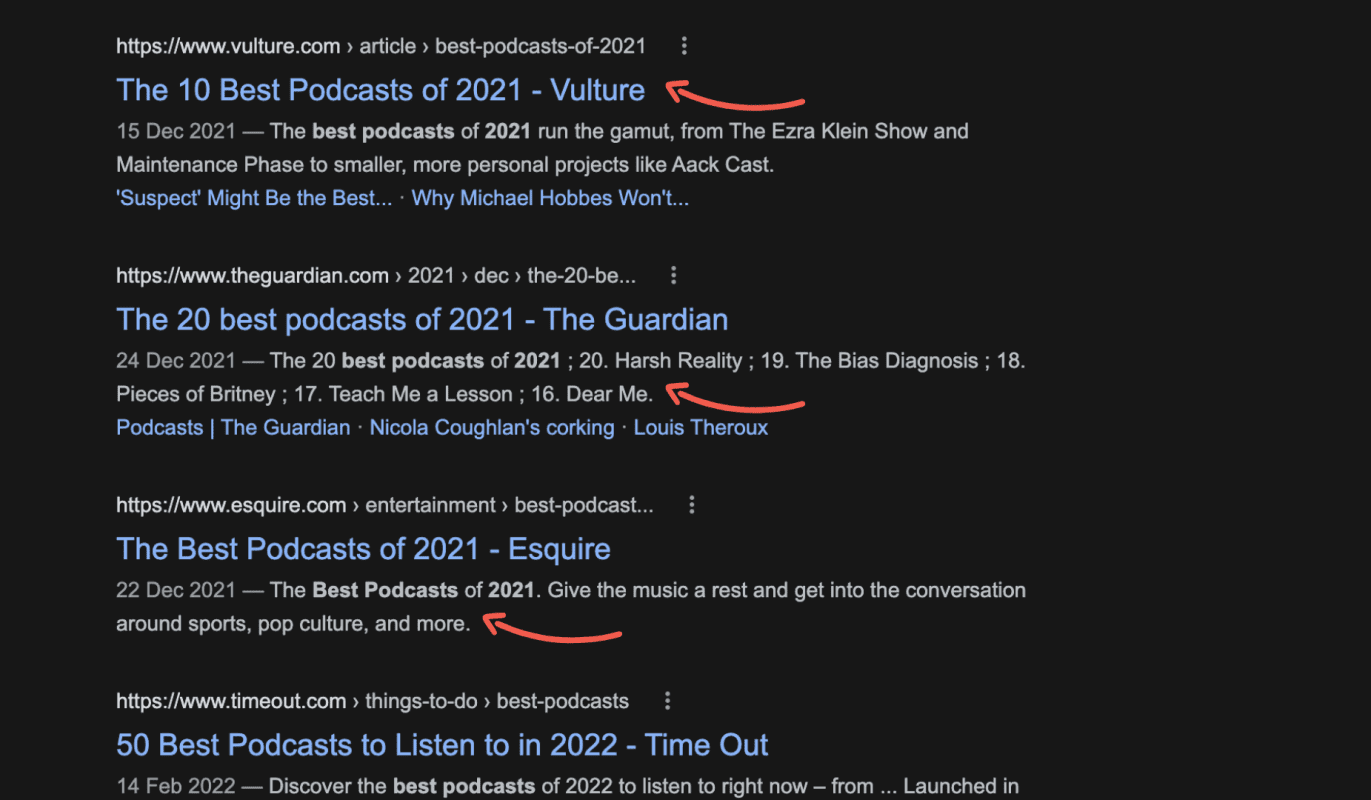
Here are a few tips to remember:
If you’re a WordPress user, you can install the Yoast SEO plugin to help you in your keywords, title naming and meta description. It’s also great at fixing duplicate meta descriptions on your site.
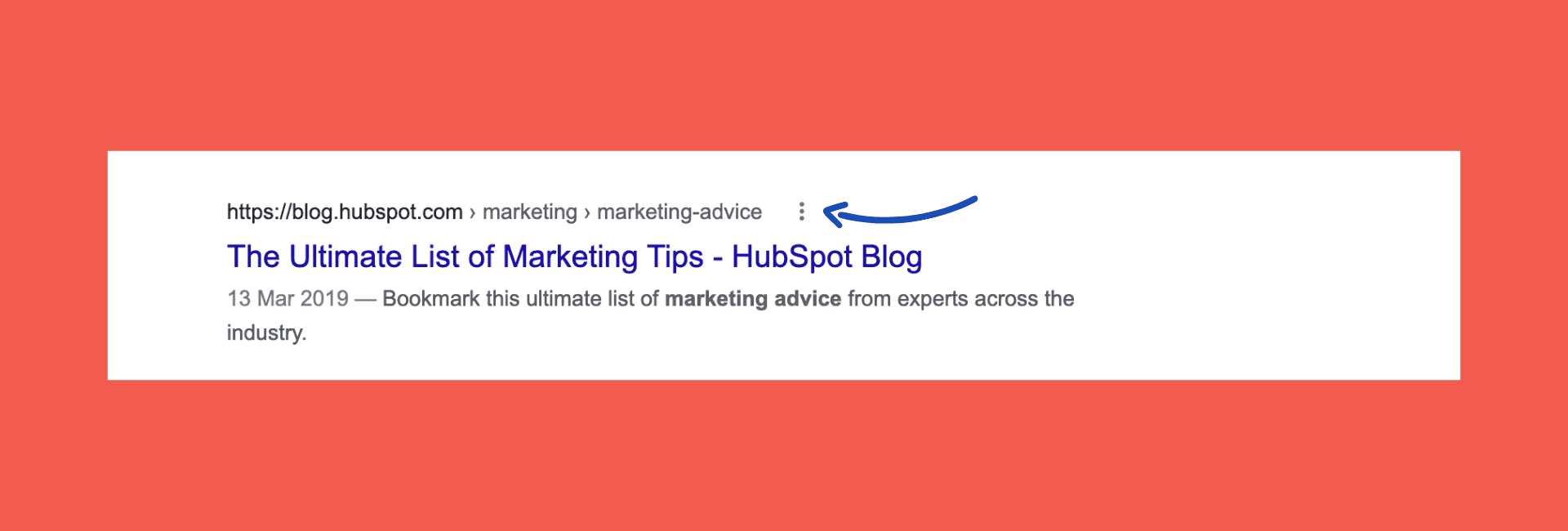
While your meta descriptions need to be descriptive, your URL doesn’t. In SEO, search engines consider the readability of your URL structure. If your users find your URL hard to read, chances are search engines may be confused too.
For example, while title tags are optimised for SEO and click rates, the URL doesn’t have to include all the words. The best practice for a clean and readable URL structure is to keep it short and focus the keywords at the front.
According to the Content Marketing Institute, producing unique and engaging content is a challenge for most marketers. (I can definitely attest to this). No matter what kind of marketer you are, we need to be disciplined when it comes to content creation.
Content creation is challenging for a few reasons. For one, good quality content needs to be relevant, fresh, and engaging. Thankfully we have tools to help us schedule content in advance and maintain consistency in our publishing.
If you want your site to succeed, you need SEO. Though it takes constant learning, experimentation and creativity to nail it right, the results are worth it.
To recap, here are the 7 SEO tips:
These tips will help you produce the results you want to conquer the SERPs, no matter your experience level.
If you’re interested in knowing more about the available SEO tools out there, Digital has curated an in-depth list of the best SEO software.
If you ever need help mastering your SEO, we’d love to partner with you to help grow your site. So feel free to get in touch with us by visiting our Start a Project page or directly at hello@medianetic.me.

Medianetic Sdn Bhd
200301016995 (619415-K)
No. 59, 2nd Floor, Block E, Zenith Corporate Park, Jalan SS7/26 Kelana Jaya, 47301 Petaling Jaya, Selangor
hello@medianetic.me
+603 7960 3088 (Office)
Medianetic Sdn Bhd © 2023
Made by Medianetic